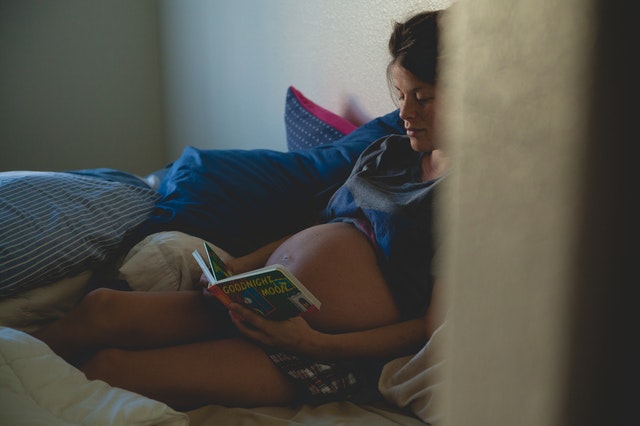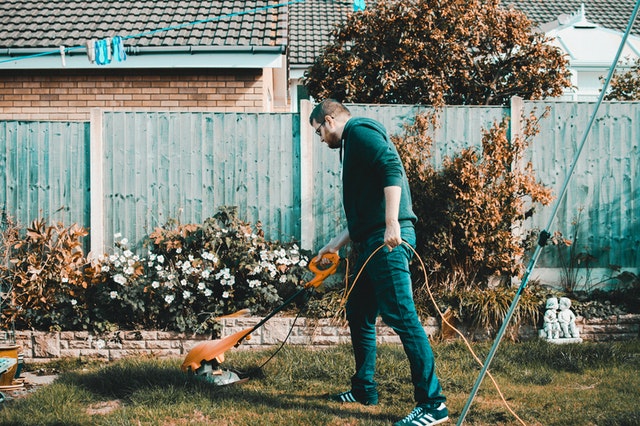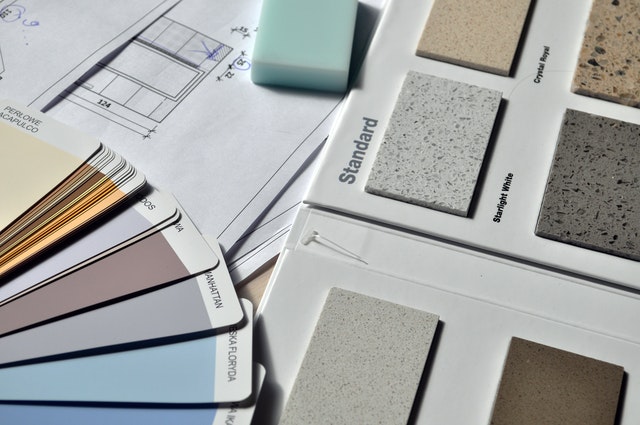If you know your way around the world of famous brands and pay attention to what you buy, but you live on a tight budget, you’re not alone. You may probably save a bit from your monthly salary to buy a pair of designer shoes or a fashionable bag once in a few months, but what about other things? Of course, a high-quality item can serve you for years to come, but you still need money here and now.
Fortunately, you can do a handful of things to minimize the costs of buying name-brand things. First and foremost, you need to move your shopping sprees online, as many brands offer their items for a fraction of the price there. Then, you need to become familiar with numerous websites with a selection of coupons, promo codes, and other special deals. You should also make regular trips to local thrift stores and outlets and always be on the lookout for sales.
Interested? Below, we go through some of the best ideas that can help you save money when shopping for name-brand things.
Browse Through Websites With Coupons and Promo Codes
When shopping for name-brand things, always be on the lookout for websites that offer coupons and promo codes. They may be dedicated to specific brands or general stores. Most of the time, all you need to do is enter your email in an appropriate field and download or print any available coupons.
Other sites will offer you a list of promo codes, and you can check them out before you make your purchase. You should note that these sites are updated daily, so the chances of finding a coupon that works for your particular purchase are high if you have a little patience.
Moreover, try to think outside the box. For example, have you ever noticed that you can actually find some famous brands in supermarkets? Big names don’t mind showing up in stores like these as they want to reach new audiences. Bear that in mind next time you read about Aldi shopping tips or look for grocery coupons.
Visit Thrift Stores
Looking for a good way to save money on clothes? Well, you can go online and check out numerous websites with the latest fashion trends. But you can also hit the local thrift stores and second-hand shops. The selection is not as wide as in a regular store, but you can definitely find some great pieces. And the best part is that you’ll be able to buy them cheap!
You can often find true gems in second-hand clothes, shoes, and accessories, such as vintage designer items. However, you need to check each piece before paying for it and make sure that you’re buying something in good condition. And don’t forget to check the material – try it on, if possible, and see how well it fits.
Check Out Outlets
Another great way to save money is to check out various outlets where you can purchase name-brand things at a lower cost. You can find them in different places, from shopping malls to outlet centers and, of course, online. Some brands even have their own stores that sell clearance items at a discount.
These places are great for bargain shopping, offering items that have been discontinued and/or returned by another customer. If you’re lucky, you may even find a brand new item – the only difference is that it’s from a previous season. They may include clothes, shoes, accessories, and more.
Moreover, you should also check out the return policy before making your purchase, especially if you’re buying something online. If a store doesn’t accept returns, you’ll have to think twice about whether this is a good idea or not.
Follow Internet Auctions
If you love to shop and are willing to go the extra mile, you can also check out internet auctions. On websites like eBay, you can find designer things at a fraction of the price. You can bid on items that are either new or used items, in good condition, or damaged to some degree.
You can also find great offers on items that are hard to find in regular shops, such as vintage designer goods, for example. However, you need to be careful because some sellers will try to sell their products using fake names and fake product images. So, make sure to check the seller’s rating before making your purchase.
Become a Member of Loyalty Programs
Another way to save money when shopping for name-brand things is to become a member of one or more loyalty programs. When you sign up for a loyalty program, you can take advantage of numerous perks and discounts.
Some loyalty programs are free to join, and you can usually get a discount on your first purchase. Other programs will require that you give them your personal information, but you will often get some sort of reward in return, such as a discount on regular purchases or free shipping.
Always Check for Sales
And finally, you should always check for sales. You can get great discounts when stores want to get rid of old stock – or when they want to bring in new items. Online stores often offer special deals and coupons to celebrate their anniversary, while some physical stores will have “going out of business” sales.
Be on the lookout for Labor Day sales and Black Friday deals, as well as other occasions, such as Memorial Day, Fourth of July, Veterans Day, and more. They are a great way to save money on name-brand things.
The Bottom Line
Name-brand things are in high demand, and companies know it. The products are carefully crafted, and they offer excellent quality. However, they also come with a considerable price tag. Fortunately, there are plenty of ways to cut down the cost of buying name-brand things. You just need to become savvy about them and start shopping smart!
Shopping around is a great way to find the best deals on designer things and get the items you’ve always wanted to have. Just remember to do your research, keep your eyes open, and check online for coupons and promos codes. Happy shopping!








